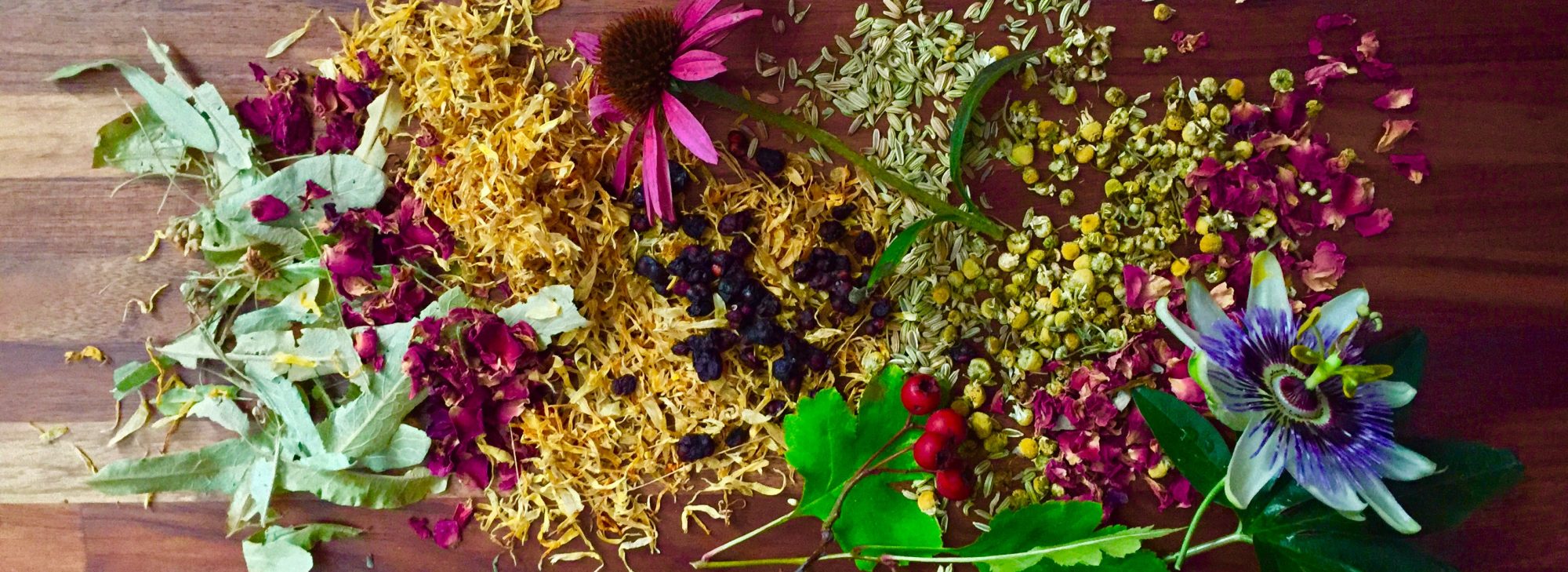It's still only February but for many it's likely to be hayfever time sooner rather than later - the tree pollen is getting pretty high now!
How can herbal medicine help people with hayfever or other allergies? Our approach is to control both the symptoms and the hypersensitivity (allergic) reaction which is triggered by inhaling the offending allergen, be it pollen, pet hair or dust. Histamine is produced and released from the mast cells (part of the immune system) into the lining of the nose and eyes, causing inflammation and irritation. This is why the tablets we get at the pharmacy for hayfever are called antihistamines.
We have herbal antihistamines which stabilise the mast cells, reducing the release of histamine. One of the most familiar of these is good old stinging nettle!
Medical herbalists also use herbs to dry up catarrh; for example, elderflower, which is abundant in the UK in spring. We also use herbs that keep the membranes of the inner linings of the nose, eyes and throat in good condition.
As always with a herbal prescription, we attack a condition in more than one way for the best results, so it’s not just antihistamines. And as always, we discuss diet and lifestyle to see if there’s anything you can change to help with your condition.
Medical herbalists are trained to check for interactions with any meds you might already be taking and there are plenty of herbs that are safe to use alongside antihistamines. It's good to get a head start by working on hayfever before it begins with a vengeance so if you're a sufferer why not get in touch?

